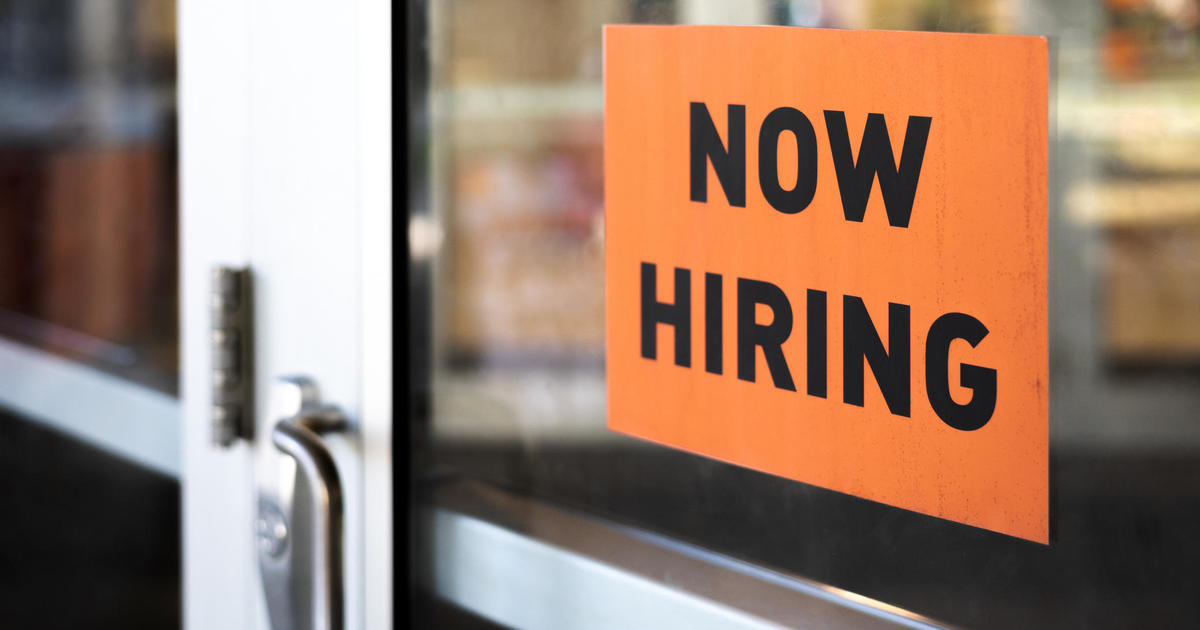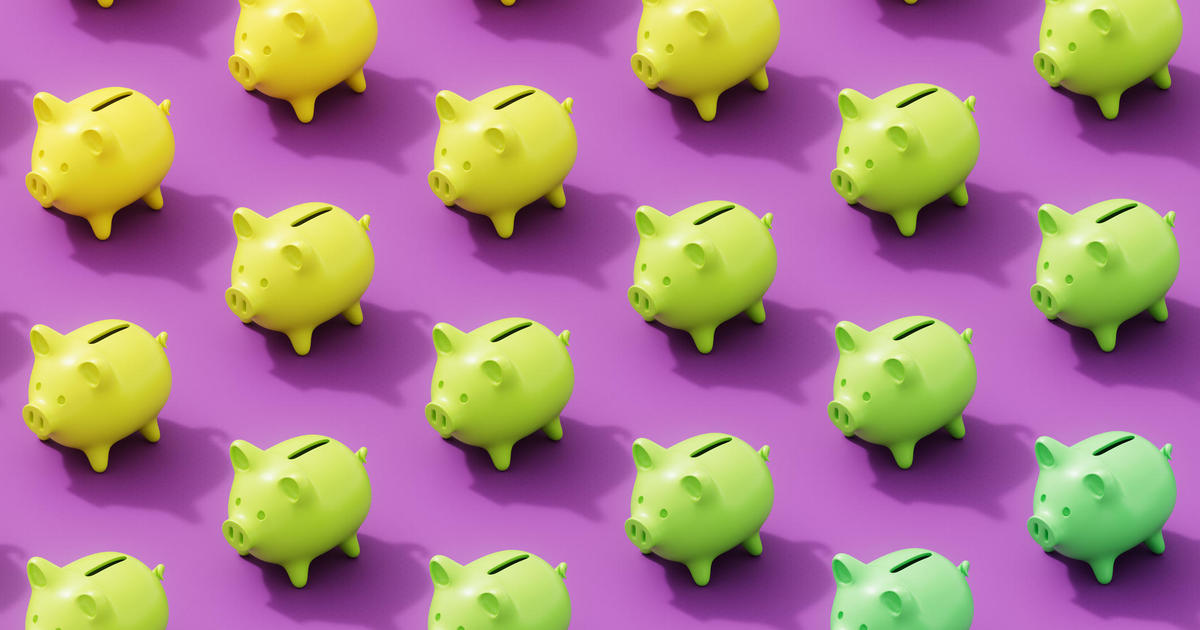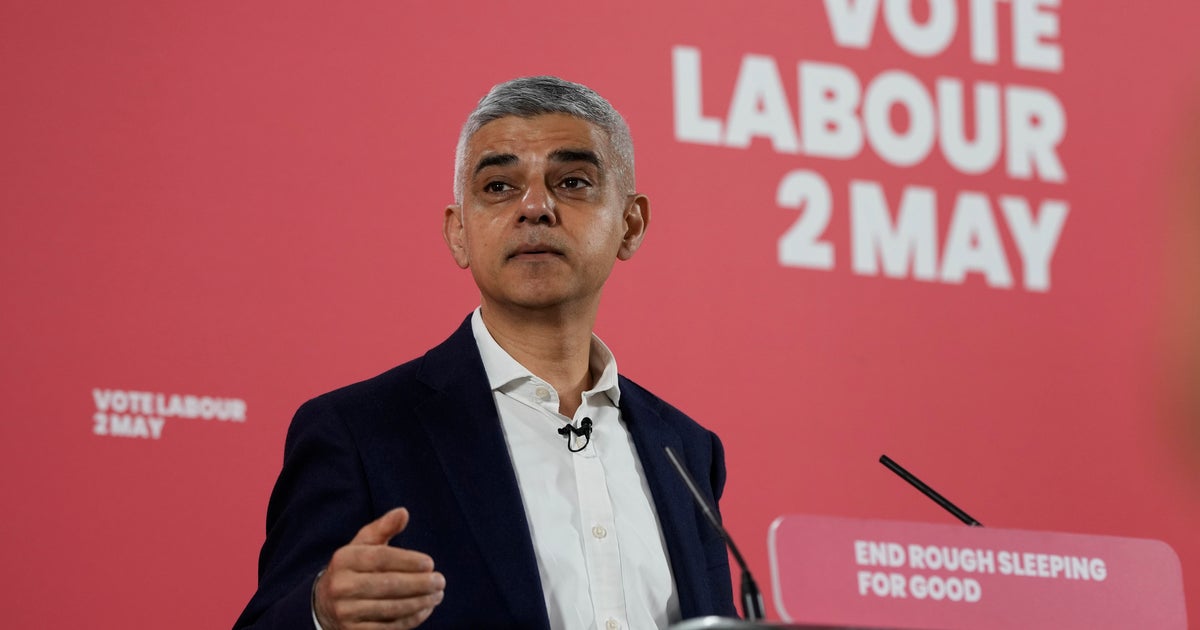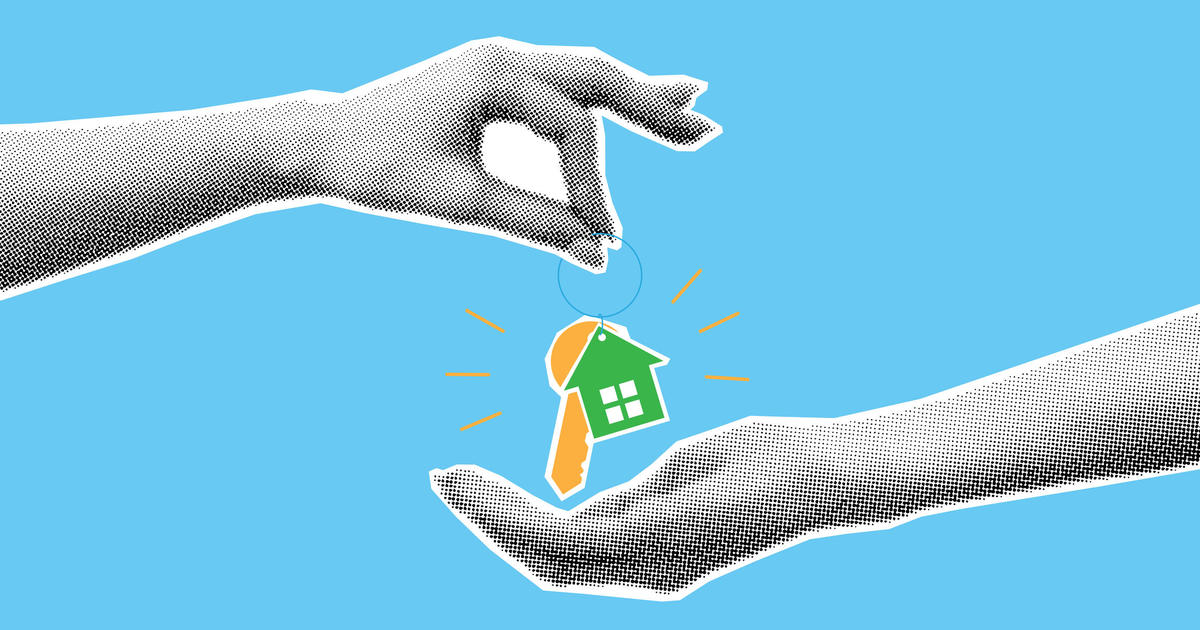Stocks crater in biggest drop since 1987
Stocks thudded to their worst day since the epic Black Monday crash in 1987 amid mounting investor fears over the coronavirus pandemic and President Donald Trump's assessment that the U.S. may be heading toward recession. The sharp decline came despite this weekend's emergency cut in interest rates to nearly zero by the Federal Reserve.
The Dow plummeted 2,997 points, or 12.9%, to 20,189. The broader S&P 500-stock index and the tech-heavy Nasdaq both fell around 12%. On a percentage basis, the Dow's decline is larger than the losses incurred on either October 28 or October 29, 1929, when the index slumped 12.8% and 11.7%, respectively. The biggest one-day loss remains the 22.6% plunge on October 19, 1987.
Stocks traded lower later in the afternoon after President Donald Trump said at a press conference that the crisis could last until "July or August," and that the economy might enter a recession. Asked about the stock market, Mr. Trump said, "The best thing I can do for the stock market is we have to get through this."
Economists increasingly expect the U.S. economy to slide into a recession, with IHS Markit chief U.S. economist Joel Prakken writing in a research note that the "sharp contraction in spending on activities that involve travel and congregating in public" could lead to a recession in the second quarter.
"The extra stimulus and measures to ease strains in the financial system announced by central banks over the weekend have failed to prevent stock markets from tumbling again today, as concerns mount about the economic consequences of a global 'lockdown' to combat coronavirus," John Higgins, chief market economist at Capital Economics, told investors in a report.
The Fed's surprise rate cut on Sunday is designed to shore up the economy by making it cheaper to borrow and to keep lending flowing to businesses and consumers. Even so, Wall Street is growing increasingly pessimistic because consumer spending — the bedrock of the U.S. economy — appears to be grinding to a halt as Americans hunker down to avoid the coronavirus.
Trading was halted briefly on Monday after stocks plunged sharply minutes into the session — the third trading halt this month as investors weigh the economic impact of the pandemic. Trading is halted when stocks decline by 7%, 13% or 20% in a single session. The measures were first adopted after the 1987 crash, and until this week hadn't been tripped since 1997.
Across the U.S., states and cities are closing schools, bars and restaurants, and other businesses in an effort to slow the spread of the disease, a potentially devastating hit to the income of millions of workers. More than 4.4 million U.S. restaurant jobs are at risk in states that have shuttered eateries and bars, according to outplacement firm Challenger Gray & Christmas.
"The only certainty at this point is more volatility," Chris Zaccarelli, chief investment officer for Independent Advisor Alliance, said in an email. "I would expect the market to price in a recession and if that turns out not to be the case — or if credible and specific fiscal and public health policies are put in place to contain the economic and public health risks — that is when you will begin to see a bottom in the stock market."
He added, "Unfortunately, the Fed will be unable to put much of a floor under the market, only Congress and the Executive Branch will be able to do that."
More than 3,700 people have tested positive for the new COVID-19 disease in the U.S., and at least 69 have died. Globally, the death toll was just over 6,500 on Monday, with the weekend seeing an alarming spike in fatalities in three European nations grappling with aggressive outbreaks.
The Fed said in a Sunday statement that the effects of the outbreak will weigh on economic activity in the near term and pose risks to the outlook. Policy makers said they will keep rates at nearly zero until they are confident the economy has weathered the storm, which a number of economists say could push the U.S. into recession.
"These are strong measures," Fed Chairman Jerome Powell said in a rare Sunday news conference, warning that growth in the second quarter would be slow. "The virus will run its course and economic activity will resume. In the meantime, we will act to support the flow of credit to companies and individuals."
Airlines slump
Airlines and other travel businesses are suffering as the pandemic drives down demand for flights, hotels, cruises and other travel bookings. United Airlines on Sunday said its revenue in March is projected to shrink by $1.5 billion compared with a year earlier, and said it would cut flights by 50% for April and May. Shares of United plunged 14.8% on Monday.
"In just the first two weeks of March, we have welcomed more than one million fewer customers on board our aircraft than the same period last year," CEO Oscar Munoz and President J. Scott Kirby said in a message to their employees.
They added: "The bad news is that it's getting worse. We expect both the number of customers and revenue to decline sharply in the days and weeks ahead."
United is also cutting salaries for corporate officers by 50%, and expects its flight reductions to extend into the summer.
Wall Street analysts think U.S. stocks will continue to flounder until there are signs the virus has been contained.



